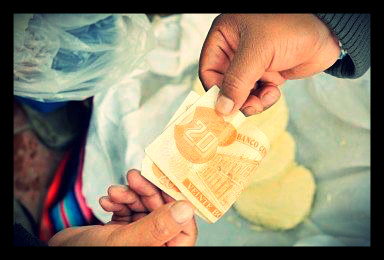Financial Reform Law in Bolivia

Last August, Bolivian President Evo Morales signed a bill that would reform the country’s financial sector. The reform bill has more than 550 articles and is expected to force the private sector banks in the country to become more competitive as interest rate ceilings and mandatory-lending quotas are implemented. The law will boost the competitiveness of state-owned bank Banco Unión and the many microfinance institutions operating in the region.
The reform is also intended to focus on financial inclusion and reducing economic inequality, an issue that is extremely important for Morales and his large indigenous following. The private banks in the region will need to become more efficient as well, but fortunately for the banks the Bolivian government has been implementing the changes gradually. It is unknown how much the reform will cut into the bank’s profitability.
During the last few years, however, Bolivia has enacted harsh taxes designed to reduce its “excess” profitability. The private banks’ average return on equity fell from 21% in 2007 to 17.5% in 2012, then to 14% in 2013. This latest dip came from the imposition of additional taxes on extraordinary earnings and a tax on exchanges related to foreign exchange.
The law also states that at least 60% of a bank’s loan portfolio should go to financing the productive and social sectors. This will be difficult for Bolivia’s banks, however, as they are currently focused on specific markets. Despite this new requirement, the government is giving the banks a period of two years to four years to implement it.
Another requirement states that the interest rate ceiling on loans for houses to be set at 5.5 to 6.5%, a figure that depends on the value of the house. Banks currently set the loan ceiling to a figure of 7 to 8%. This loan ceiling is designed to allow more people to be able to better afford a house and is a part of the movement towards more financial inclusion in Bolivia.
Bolivia’s private banks should be able to weather this new reform with continued profitability as the Bolivian economy is buoyed by its 6.5% growth rate in 2013 and its credit growth of 20%.
– Jeff Meyer
Sources: BNamericas, BNamericas, laRazon
Photo: The Telegraph
